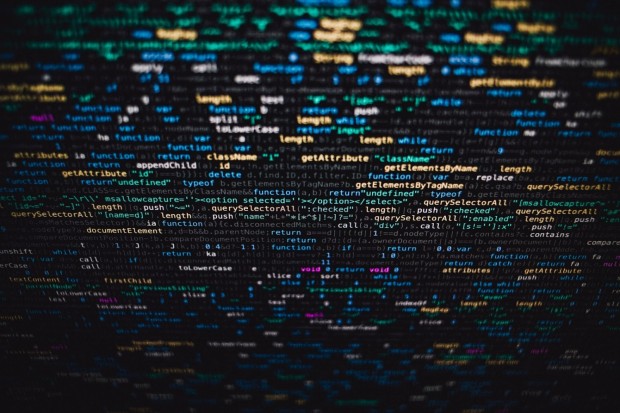Photo : pexels
When we talk about the perks of using the internet, we can never deny the troubles that the internet can cause in our lives, and we are unaware of that. One thing that is a nightmare for everyone who knows about the harms of the internet is that it is the biggest threat to the security of data. More often, we think that our data is completely secure on the internet because all the search engines and the social media platform use a security algorithm to keep our data safe. Undoubtedly, they all adopt all the measures to secure your data, but your data is still not safe on the internet.
Many intruders in the online market break into your accounts and steal your data to use it for their illegal purposes. To keep your data safe from all those fraudulent, you need to take some bold steps to ensure the security of your data. We realize the importance of the precautionary measures that you should take to prevent your data from being hacked. That's why we are going to share some critical practices that you should do to keep your data safe on the internet. Without any further ado, let's get started!
Encrypt your data:
If you live in California, you must know about long-distance movers California. They transfer the parcels from one place to the other at large distances. What do we do to keep our parcel safe? We make sure to encrypt our parcel by pasting a tag or a signal on it that tells the parcel belongs to us. The same is the thing that you need to do with your data on the internet. Your data has to travel over miles on the internet, and internet serves as long-distance movers California. You need to encrypt your data and apply all the encryption techniques so that nobody else can recognize your data but you and the person you allow. Many social media platforms like Facebook and WhatsApp provide their built-in data encryption services that are a significant relief for all of us.
Unique and strong passwords are important:
After adopting the encryption techniques, the next crucial thing to do is to set a unique and unidentifiable password for your accounts. The password works the same as the key does to the locks of the doors. The more complex the password, the more difficult it will be to hack and change. If you don't create a strong password, your account will be more prone to the intruders in the market who are waiting for a chance to break-in to your account and steal your data.
Anti-theft your device:
Applying the anti-theft locks on your gadgets will help you keep your data safe from any intruder. For example, if you lose your mobile phone or laptop anywhere with very confidential data in it. What would you do to keep your sensitive data safe? Obviously, you can do nothing if you don't have a tracking device attached to the lost device. For such emergencies, it would be best to have a tracking device attached to all the devices you use to surf the internet. If you lose your gadget, locate it, and track it to get it back. Even if it is unable to track and locate, you can also delete your data from that device, which is far better than handing it over to the wrong person.
Limit social media sharing:
It is the age of Facebook and Instagram. Everyone likes to share their pictures and daily routine with their friends on the internet. The first thing that you need to keep in mind is that not everyone who follows you is your friend. And the second thing is that you should limit your media sharing on the internet. Don't trust the people you meet online too early. We recommend you share your private data only with the people you already know in person. Otherwise, don't share personal data with anyone, no matter how friendly he/she behaves.
Keep your browsing secret:
We strongly recommend the use of a VPN pin while surfing a free Wi-Fi hotspot in public. The intruders mostly track your data through open Wi-Fi networks. When you enter your account details on the webpage, they hack your details and then log in to your accounts with that login details. It can completely ruin your data on the internet. Imagine having your bank account information on the Gmail account, and then what if your Gmail account gets hacked? Seems more than dangerous? Of course, it is! So, don't accept the offer of free Wi-Fi, for he/she can be an intruder looking forward to stealing your data.
Set up multi-factor verification:
Setting up a multi-factor authentication is the best way to secure your account from being hacked and your data from being stolen. In this technique, you have to enter an extra layer of security while logging in to your account. For example, the first layer of authentication will be the account password that you fix while signing up for an account. The second layer will act as permission to access the requested account. Isn't it amazing! This second layer may be a prompt on some other device, another shortcode to enter, or a finger impression to grant permission to access your account. Whenever some unauthentic person tries to log in to your account, you will get a notification asking for approval on your trusted device. It is now all up to you that you grant permission or deny.
Summing It Up:
We can take many measures to keep our data safe from burglary, but the steps we mentioned above are the crucial ones that you must adopt. If you take the security of your data for granted, you will suffer the loss one day. Before that day comes, you must secure your data by adding extra protection to your account. Keep one thing in mind that nobody else can secure your data until you try yourself.
Be more responsible than before, and keep your data safe from intruders!
* This is a contributed article and this content does not necessarily represent the views of universityherald.com









